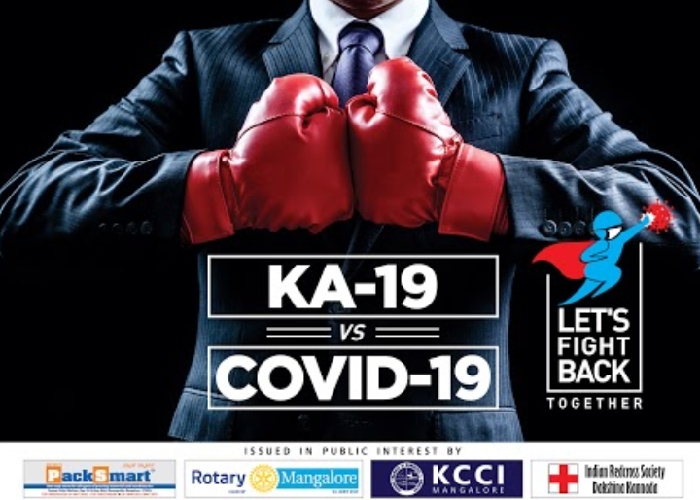Abu Dhabi, Feb 17: NMC Health Plc, a hospital operator targeted by short-seller Muddy Waters, said founder Bavaguthu Raghuram Shetty resigned amid investor concern he faced a margin call and misrepresented his stake.
The board asked for Co-Chairman Shetty’s resignation and it takes effect immediately, according to a person with knowledge of the situation. NMC has lost four board members since Friday, including Vice Chairman Khaleefa Butti, whose holdings are also being probed. The stock, the worst performer on the FTSE-100 Index this year, fell as much as 9.2 percent Monday morning and then rebounded.
“The resignation of senior board members should be viewed positively,” said Abdulla Nahlawi, an analyst at Rasmala Investment Bank in Dubai. “The credibility of the current board has been jeopardized with the unfolding of the recent events.”
NMC shares lost almost half their value the first week of February on speculation the company’s main investors faced a margin call, in which banks seize shares pledged as collateral. NMC said Friday that First Abu Dhabi Bank and Al Salam Bank Bahrain obtained 20 million shares in the company from BRS International Holding, an investment vehicle of NMC’s top shareholders. The banks sold more than 8 million of those shares as “enforcement of security,” NMC said.
NMC operates the largest medical network in the United Arab Emirates and in 2012 became the first Abu Dhabi company to list in London. The shares started teetering in mid-December when Muddy Waters alleged that NMC manipulated its balance sheet and inflated the prices of companies it acquired.
Shetty, 77, was born in India and founded NMC in the 1970s after moving to Abu Dhabi. His spokesman said a legal review of the situation is ongoing and declined further comment.
Chief Investment Officer Hani Buttikhi and board member Abdulrahman Basaddiq also stepped down because they were appointees of Shetty and Butti, NMC said, adding that they had no knowledge of the share transfers.
Questions remain over the role of Shetty’s family at the company. His wife and son-in-law both hold roles in senior management.
Almost 10 per cent of NMC’s freely traded shares are shorted, according to Markit Securities data. In mid-December about a third of them were.
Last week GKSD Investment, an investment company backed by hospital investors, said it’s studying a possible offer for NMC. Under U.K. takeover rules, it has until March 9 to make a bid.
NMC has said Muddy Waters’s claims are false and the company hired former FBI Director Louis Freeh to conduct an independent review. The review is due to be completed before the company issues its financial results in March, the person said.
NMC said Mark Tompkins will continue as the company’s sole chairman.






.jpg)
.jpg)
.jpg)
.jpg)
Comments
Some anti social element might have provide incorrect informatin to police regarding the Flag. Actually it is MSF party Flag and not Pak flag. Police should investigate the issue and in case the Flag is of Pak necesary action should be taken agaisnt the students and in case the informatin is wrong, the informer should be booked for wasting time of police and for wrong allegation on innocents.
Add new comment